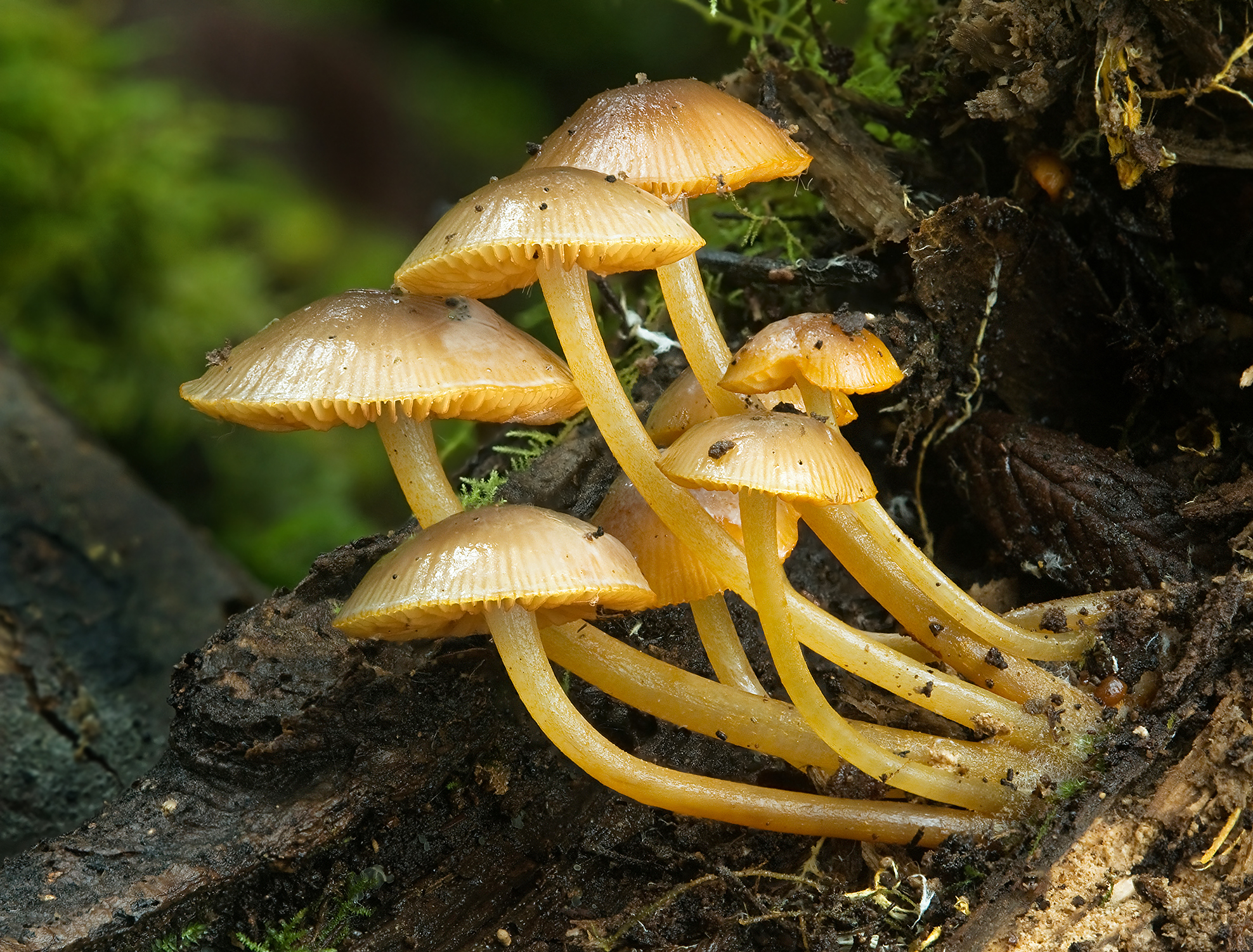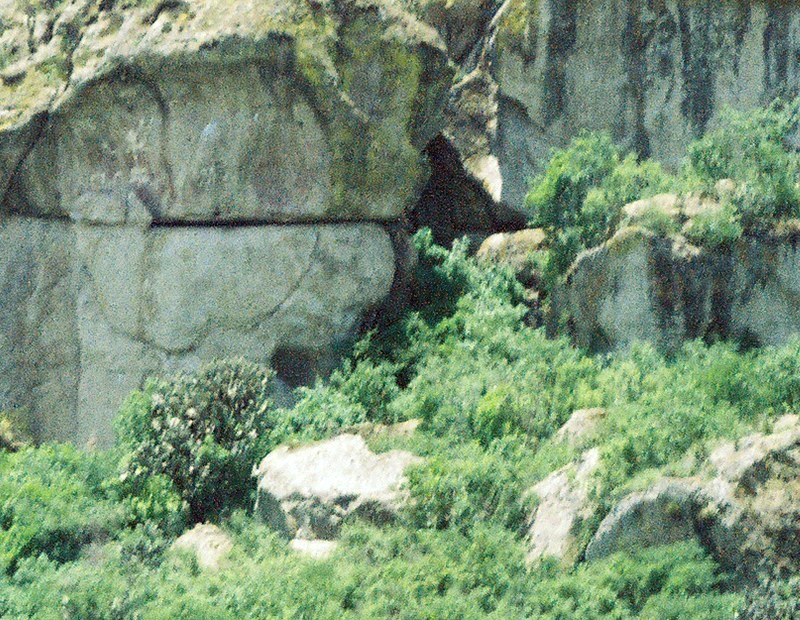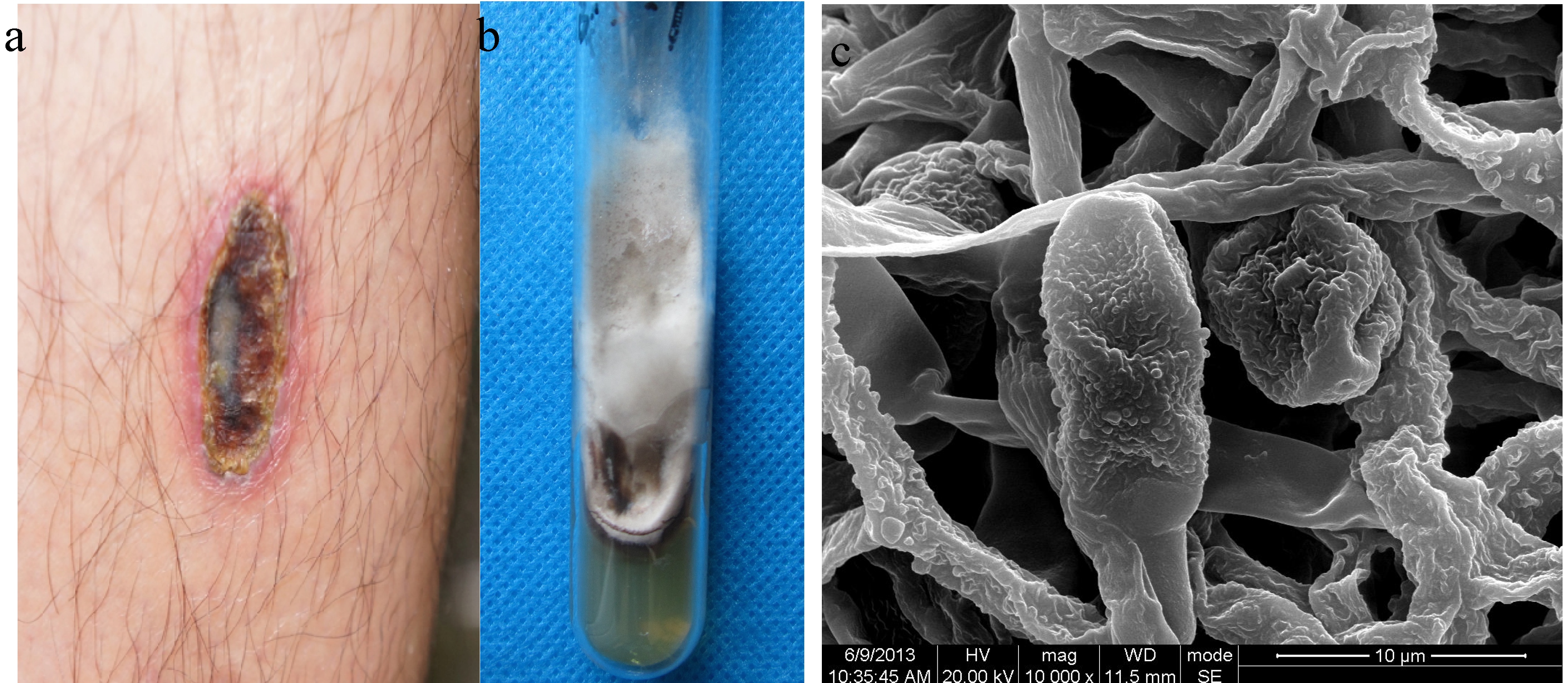|
Abraham Joffe
Abraham Z. Joffe (1909–2000) was Professor of Mycology and Mycotoxicology at the Hebrew University, Jerusalem. Joffe's professional interests were centered primarily in toxigenic fungi associated with production of mycotoxins (aflatoxins, trichothecenes, and other toxins); ecology and environmental factors favoring formation and distribution of Fusarium mycotoxins in cereal grains, feeds and foods; and phytotoxic action of Fusarium strains, and their toxicity in animals and humans. Joffe is the author of over 130 scientific papers, reviews and monographs. He was a member of several professional associations, a participant in numerous International Conferences and Symposia, and holds two Certificates of Merit from the U.S. Department of Agriculture and the Ministry of Health of the USSR. Joffe received his PhD in Mycology and Mycotoxicology at the Institute of Botany, U.S.S.R Academy of Science in Leningrad (1950). He is a member of the Joffe family. Bibliography *Joffe A. Z. ... [...More Info...] [...Related Items...] OR: [Wikipedia] [Google] [Baidu] |
Mycology
Mycology is the branch of biology concerned with the study of fungi, including their genetic and biochemical properties, their taxonomy and their use to humans, including as a source for tinder, traditional medicine, food, and entheogens, as well as their dangers, such as toxicity or infection. A biologist specializing in mycology is called a mycologist. Mycology branches into the field of phytopathology, the study of plant diseases, and the two disciplines remain closely related because the vast majority of plant pathogens are fungi. Overview Historically, mycology was a branch of botany because, although fungi are evolutionarily more closely related to animals than to plants, this was not recognized until a few decades ago. Pioneer mycologists included Elias Magnus Fries, Christian Hendrik Persoon, Anton de Bary, Elizabeth Eaton Morse, and Lewis David von Schweinitz. Beatrix Potter, author of ''The Tale of Peter Rabbit'', also made significant contributions to the fiel ... [...More Info...] [...Related Items...] OR: [Wikipedia] [Google] [Baidu] |
Aleukia
Leukopenia () is a decrease in the number of leukocytes (WBC). Found in the blood, they are the white blood cells, and are the body's primary defense against an infection. Thus the condition of leukopenia places individuals at increased risk of infection. Signs and symptoms Symptoms may include: * skin or mouth ulcers * sore throat * cough * difficulty in breathing * light-headedness * fever * chills * body aches. Leukopenia vs. neutropenia Neutropenia, a subtype of leukopenia, refers to a decrease in the number of circulating neutrophil granulocytes, the most abundant white blood cells. The terms ''leukopenia'' and ''neutropenia'' may occasionally be used interchangeably, as the neutrophil count is the most important indicator of infection risk. Agranulocytosis is an acute form of neutropenia. Causes Medical conditions Low white cell count may be due to acute viral infections, such as a cold or influenza. It has been associated with chemotherapy, radiation therapy, myelofibros ... [...More Info...] [...Related Items...] OR: [Wikipedia] [Google] [Baidu] |
Israeli Biologists
Israeli may refer to: * Something of, from, or related to the State of Israel * Israelis, citizens or permanent residents of the State of Israel * Modern Hebrew, a language * ''Israeli'' (newspaper), published from 2006 to 2008 * Guni Israeli (born 1984), Israeli basketball player See also * Israelites The Israelites (; , , ) were a group of Semitic-speaking tribes in the ancient Near East who, during the Iron Age, inhabited a part of Canaan. The earliest recorded evidence of a people by the name of Israel appears in the Merneptah Stele o ..., the ancient people of the Land of Israel * List of Israelis {{disambiguation Language and nationality disambiguation pages ... [...More Info...] [...Related Items...] OR: [Wikipedia] [Google] [Baidu] |
1909 Births
Nineteen or 19 may refer to: * 19 (number), the natural number following 18 and preceding 20 * one of the years 19 BC, AD 19, 1919, 2019 Films * ''19'' (film), a 2001 Japanese film * ''Nineteen'' (film), a 1987 science fiction film Music * 19 (band), a Japanese pop music duo Albums * ''19'' (Adele album), 2008 * ''19'', a 2003 album by Alsou * ''19'', a 2006 album by Evan Yo * ''19'', a 2018 album by MHD * ''19'', one half of the double album ''63/19'' by Kool A.D. * ''Number Nineteen'', a 1971 album by American jazz pianist Mal Waldron * ''XIX'' (EP), a 2019 EP by 1the9 Songs * "19" (song), a 1985 song by British musician Paul Hardcastle. * "Nineteen", a song by Bad4Good from the 1992 album '' Refugee'' * "Nineteen", a song by Karma to Burn from the 2001 album ''Almost Heathen''. * "Nineteen" (song), a 2007 song by American singer Billy Ray Cyrus. * "Nineteen", a song by Tegan and Sara from the 2007 album '' The Con''. * "XIX" (song), a 2014 song by Slipk ... [...More Info...] [...Related Items...] OR: [Wikipedia] [Google] [Baidu] |
Israel
Israel (; he, יִשְׂרָאֵל, ; ar, إِسْرَائِيل, ), officially the State of Israel ( he, מְדִינַת יִשְׂרָאֵל, label=none, translit=Medīnat Yīsrāʾēl; ), is a country in Western Asia. It is situated on the southeastern shore of the Mediterranean Sea and the northern shore of the Red Sea, and shares borders with Lebanon to the north, Syria to the northeast, Jordan to the east, and Egypt to the southwest. Israel also is bordered by the Palestinian territories of the West Bank and the Gaza Strip to the east and west, respectively. Tel Aviv is the economic and technological center of the country, while its seat of government is in its proclaimed capital of Jerusalem, although Israeli sovereignty over East Jerusalem is unrecognized internationally. The land held by present-day Israel witnessed some of the earliest human occupations outside Africa and was among the earliest known sites of agriculture. It was inhabited by the Canaanites ... [...More Info...] [...Related Items...] OR: [Wikipedia] [Google] [Baidu] |
Maize
Maize ( ; ''Zea mays'' subsp. ''mays'', from es, maíz after tnq, mahiz), also known as corn (North American and Australian English), is a cereal grain first domesticated by indigenous peoples in southern Mexico about 10,000 years ago. The leafy stalk of the plant produces pollen inflorescences (or "tassels") and separate ovuliferous inflorescences called ears that when fertilized yield kernels or seeds, which are fruits. The term ''maize'' is preferred in formal, scientific, and international usage as a common name because it refers specifically to this one grain, unlike ''corn'', which has a complex variety of meanings that vary by context and geographic region. Maize has become a staple food in many parts of the world, with the total production of maize surpassing that of wheat or rice. In addition to being consumed directly by humans (often in the form of masa), maize is also used for corn ethanol, animal feed and other maize products, such as corn starch and ... [...More Info...] [...Related Items...] OR: [Wikipedia] [Google] [Baidu] |
Alternaria
''Alternaria'' is a genus of Deuteromycetes fungi. All species are known as major plant pathogens. They are also common allergens in humans, growing indoors and causing hay fever or hypersensitivity reactions that sometimes lead to asthma. They are present in the human mycobiome and readily cause opportunistic infections in immunocompromised people such as AIDS patients. There are 299 species in the genus; they are ubiquitous in the environment and are a natural part of fungal flora almost everywhere. They are normal agents of decay and decomposition. The spores are airborne and found in the soil and water, as well as indoors and on objects. The club-shaped spores are single or form long chains. They can grow thick colonies which are usually green, black, or gray. At least 20% of agricultural spoilage is caused by ''Alternaria'' species, with the most severe losses reaching 80% of yield. Many human health disorders can be caused by these fungi, which grow on skin and mucous me ... [...More Info...] [...Related Items...] OR: [Wikipedia] [Google] [Baidu] |
Tuberculosis
Tuberculosis (TB) is an infectious disease usually caused by '' Mycobacterium tuberculosis'' (MTB) bacteria. Tuberculosis generally affects the lungs, but it can also affect other parts of the body. Most infections show no symptoms, in which case it is known as latent tuberculosis. Around 10% of latent infections progress to active disease which, if left untreated, kill about half of those affected. Typical symptoms of active TB are chronic cough with blood-containing mucus, fever, night sweats, and weight loss. It was historically referred to as consumption due to the weight loss associated with the disease. Infection of other organs can cause a wide range of symptoms. Tuberculosis is spread from one person to the next through the air when people who have active TB in their lungs cough, spit, speak, or sneeze. People with Latent TB do not spread the disease. Active infection occurs more often in people with HIV/AIDS and in those who smoke. Diagnosis of active TB is ... [...More Info...] [...Related Items...] OR: [Wikipedia] [Google] [Baidu] |
Fungi
A fungus ( : fungi or funguses) is any member of the group of eukaryotic organisms that includes microorganisms such as yeasts and molds, as well as the more familiar mushrooms. These organisms are classified as a kingdom, separately from the other eukaryotic kingdoms, which by one traditional classification include Plantae, Animalia, Protozoa, and Chromista. A characteristic that places fungi in a different kingdom from plants, bacteria, and some protists is chitin in their cell walls. Fungi, like animals, are heterotrophs; they acquire their food by absorbing dissolved molecules, typically by secreting digestive enzymes into their environment. Fungi do not photosynthesize. Growth is their means of mobility, except for spores (a few of which are flagellated), which may travel through the air or water. Fungi are the principal decomposers in ecological systems. These and other differences place fungi in a single group of related organisms, named the ''Eumycota'' (''t ... [...More Info...] [...Related Items...] OR: [Wikipedia] [Google] [Baidu] |
Mycoflora
Mycobiota (plural noun, no singular) are a group of all the fungi present in a particular geographic region (e.g. "the mycobiota of Ireland") or habitat type (e.g. "the mycobiota of cocoa"). Human mycobiota Mycobiota exist on the surface and in the gastrointestinal system of humans. There are as many as sixty-six genera and 184 species in the gastrointestinal tract of healthy people. Most of these are in the '' Candida'' genera. Though found to be present on the skin and in the gi tract in healthy individuals, the normal resident mycobiota can become pathogenic in those who are immunocompromized. Such multispecies infections lead to higher mortalities. In addition hospital-acquired infections by '' C. albicans'' have become a cause of major health concerns. A high mortality rate of 40-60% is associated with systemic infection. The best-studied of these are '' Candida'' species due to their ability to become pathogenic in immunocompromised and even in healthy hosts. Yeasts are a ... [...More Info...] [...Related Items...] OR: [Wikipedia] [Google] [Baidu] |




